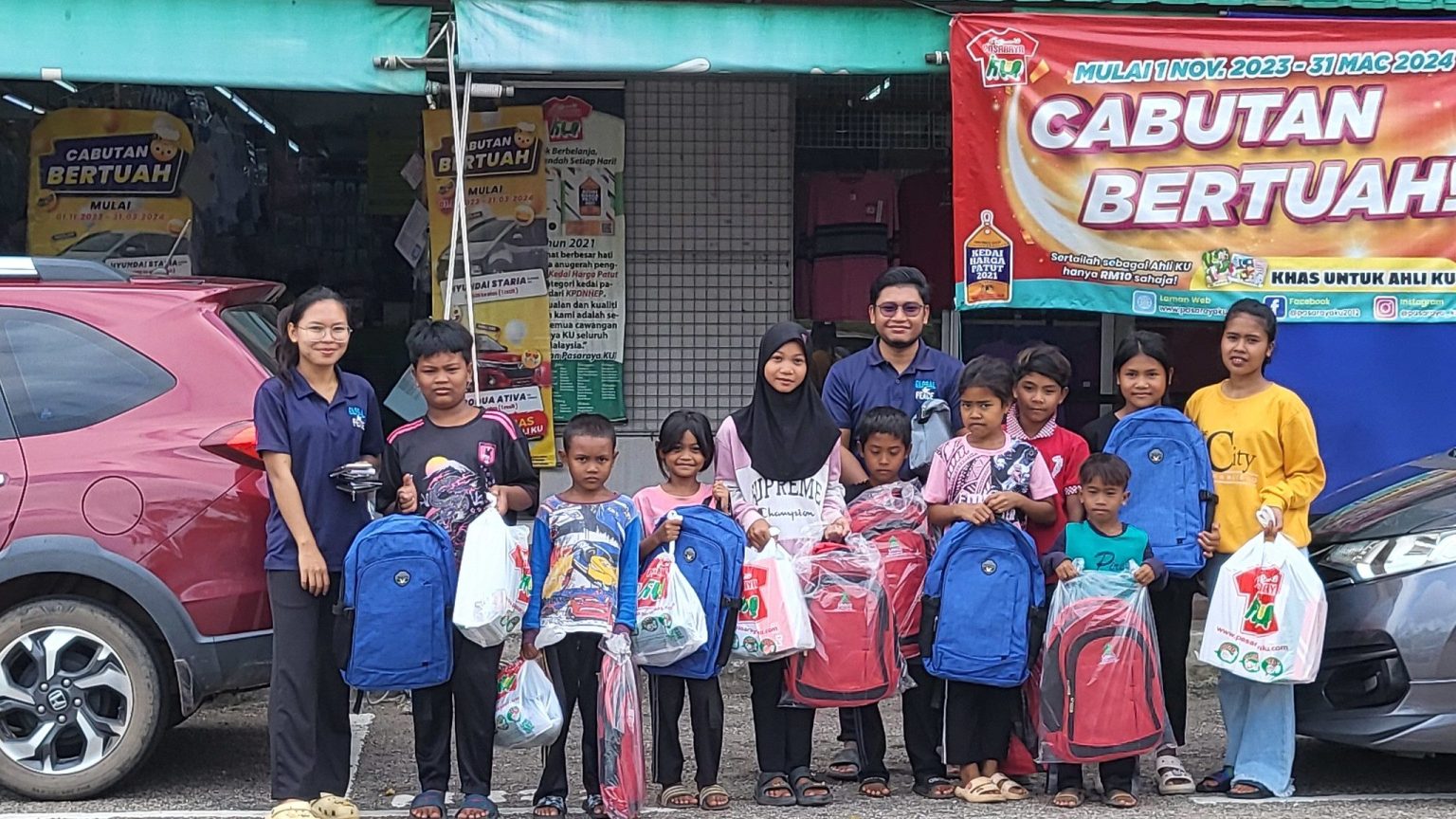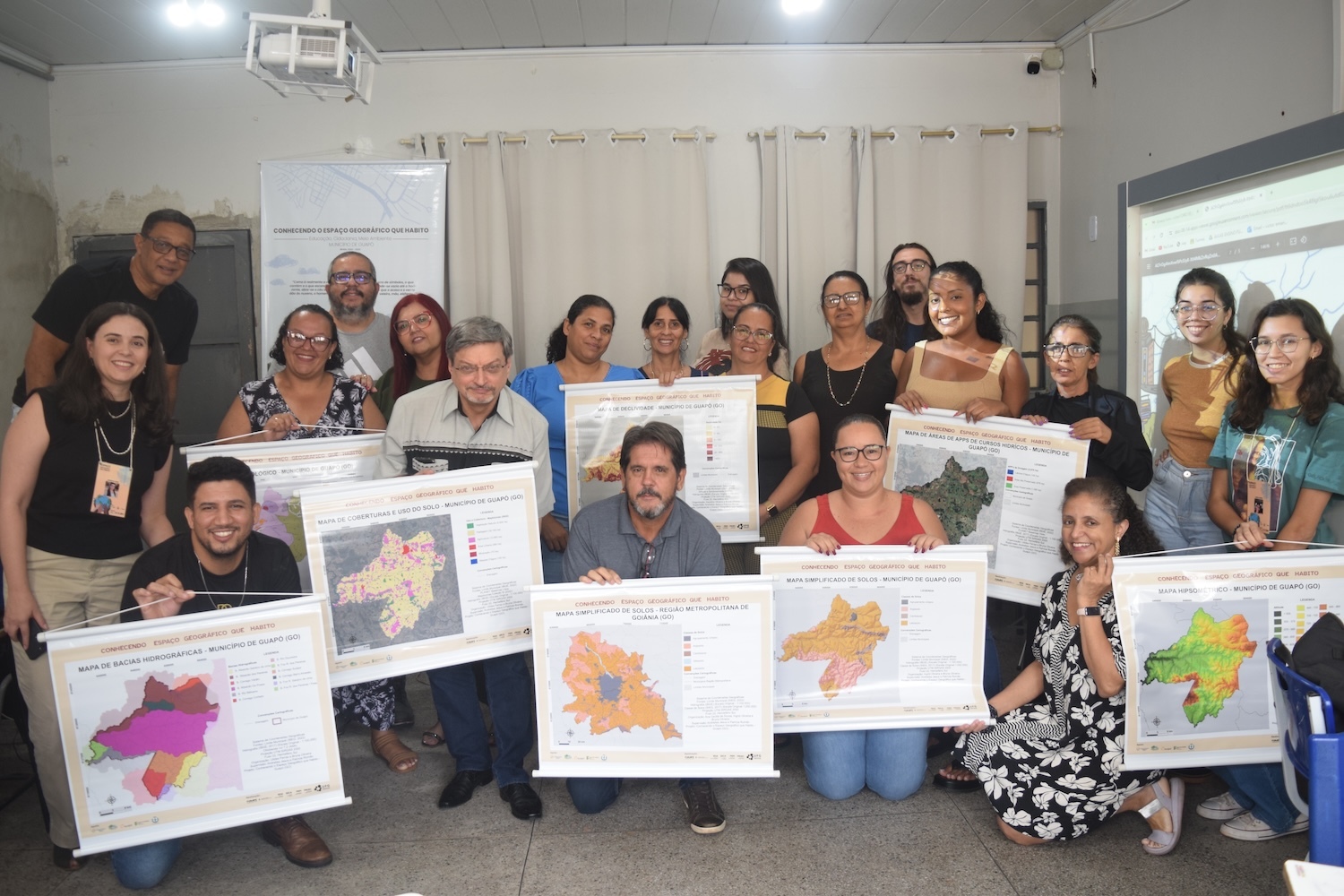Almost exactly a year after it was introduced at the Annual Global Peace Forum in October 2019, the Montana Cross-Community Reconciliation (CCR) Pilot Project was completed on October 28, 2020, after navigating a particularly tumultuous year amid the global pandemic.
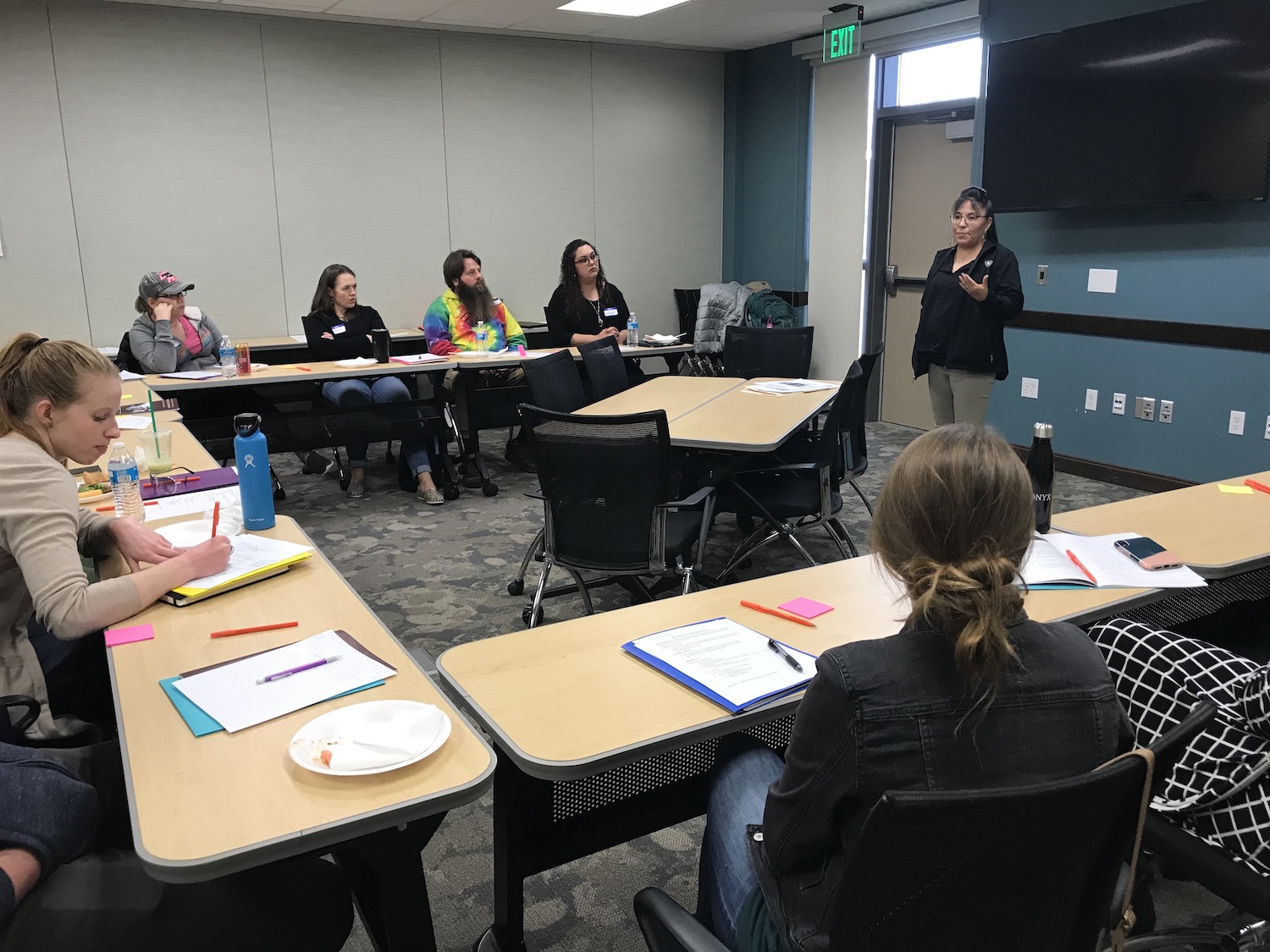
Cathy Little Leaf gives a presentation at a Cross-Community Reconciliation session pre-COVID.
The unique cross-cultural and community-based effort was truly a communal effort, drawing in stakeholders, facilitators, and participants from greatly diverse backgrounds in the Billings area. Drawing upon the international peacebuilding experience of Global Peace Foundation (GPF) in other parts of the world and the United States, Mike Yakawich, regional director of GPF, worked together with the Native and non-native facilitators to contextualize the peacebuilding work to Montana. Together they conceived the mission statement; “In an effort to reduce racial discrimination and increase empathy and understanding, it is our responsibility to work to build bridges, strengthen friendships and mutual respect, and build confidence in our diverse communities.”
Stakeholders in Billings and the surrounding region provided generous support throughout the year, offering funds, staff, and venues for the project. Community partners include the Riverstone Health Department, the Native American Development Corporation, Rocky Mountain Tribal Leaders Council, Montana Rescue Mission, Alternatives Inc., P66, Dr. Bob Wilmouth Rocky Mountain College, Eastern Area Service Authority, Walla Walla University, The United Way, and CLDI (Community Leadership Development Inc.) which provided safe, sanitary, and open area facilities for socially distanced meetings for the project facilitators and participants.
Mayor Bill Cole of Billings, MT commented at the closing session, “This is a unique approach to community-driven peacebuilding and the possibilities are very encouraging. After hearing the reports on this year’s CCR project, I am inspired by what you have achieved, Well done!”
After months of preparation and training for group facilitators, including two Native and two non-native residents of the local Billings community, the CCR project held its first meetings in February 2020 beginning with two separate groups, Native and non- Native.
The opportunity to meet this way first allowed the groups to explore possible bias and stereotypes that exist within their own perspectives while being given the chance to receive deep insight and a rare perspective of history from local Native American leaders. Also, meeting in separate groups first allowed the participants to learn some initial tools of peacebuilding, such as; resolving identity-based conflict through our shared identity of one human family, highlighting the shared values that create solidarity and social cohesion, and the art of dialogue.
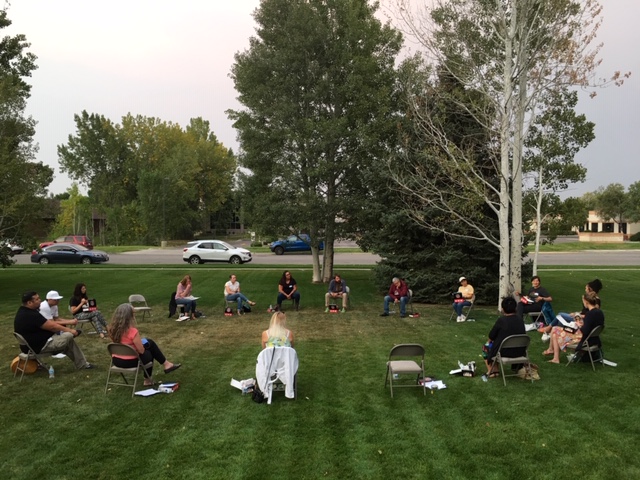
Socially distanced and outdoor Cross-Community Reconciliation meeting
Battling the uncertainties of the COVID-19 pandemic, many participants, some of whom were first responders, busy parents turned teachers, and essential workers remained adamant about continuing to meet insisting that the project was too important to postpone or cancel. Groups would therefore continue the meetings online until proper safety measures could be put in place. The Billings community stepped up, offering large meeting areas to distance the participants, checking temperatures, sanitizing often, and limiting numbers so the two separate groups could finally meet in September 2020.
Regarding the virus, one participant commented, “I think that due to COVID we didn’t have an opportunity to participate in the way we would have liked to. But when together, everyone was willing to share and be open, excited, and engaged.”
Whether a facilitator, participant, or guest speaker, everyone who immersed themselves in the program agreed that it was an “eye-opening” experience. Acknowledging generational trauma brought on by the painful history of Native American treatment, one participant said, “We are talking about intense topics but we are passionate people who know we are not going to be perfect, but as long as we are invested, we can make a difference.”
Another participant summed up their feelings, “I thoroughly enjoyed participating in this project. I feel in order to help we all deserve a place at the table, as well as the opportunity to engage in productive dialogue.”
Josiah Hugs, a group facilitator for the Native group expressed why he was passionate about being a part of the project long term saying, “I joined this project because other generations will benefit from what we accomplish. The unborn will benefit.”
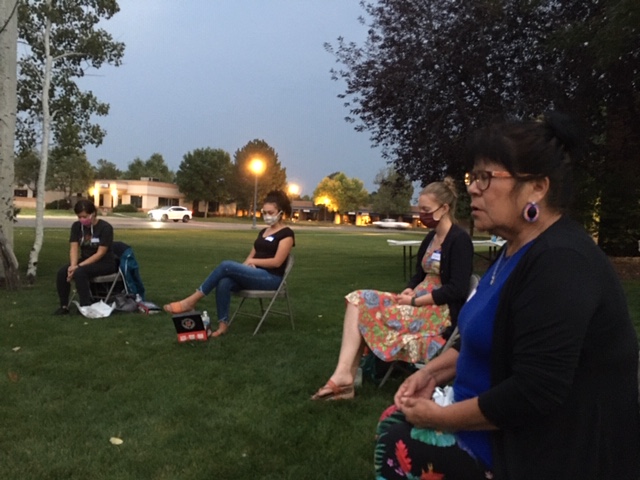
Ada Bends sharing her message to the participants
Ada Bends, a Native leader and strong supporter of the CCR program told participants, “You’re creating a new world. You have the opportunity to create, heal, and be an ambassador. We bring with us our life experience. We just need to be willing to contribute our intellect, passion, and most of all, our love. Love has no boundaries. We need to have compassion for each other and connect with the spirituality of our world.”
Facilitators and participants developed friendships along the way, not only expanding their professional network but more importantly, their definition of family and what it means to be a community.
As one person concluded, “I feel this was productive and engaging between cultural groups in talking about cultural issues within our community.” Another mentioned very encouragingly, “We had a lot of good conversations, we talked to each other and felt great in the company of each other. We became family.”
Yellowstone County Commissioner Denis Pitman stated, “I particularly commend you all for your heart and your time in seeking ways to find common ground, understand the rich and sometimes tragic history of people and cultures and working together to build bridges and become Community Peace Builders.”
At their final meeting in October 2020, the entire CCR group recognized that the work needed to bridge the Billings and Montana region would be an ongoing effort and plans to continue joint efforts once pandemic conditions abate. The group already plans to meet again in January 2021 to discuss potential service projects the Native and Non-Native participants can create and implement together to better their community.
In his closing remarks, Mike Yakawich stated, “I am extremely proud of all of our facilitators (Josiah Hugs, Kaitlin Hugs, Morgan Miller, Naomi MacMurdie) for their incredible leadership. All the participants invested so much of their heart in seeking solutions to overcome racial divides. This is not the end but the beginning of much more substantial and encouraging work of community-driven peacebuilding.” He too thanked guest speakers and friends; Cathy Little Leaf (Billings Indian Health and Wellness Center), Ada Bends (Rocky Mountain Tribal Leaders Council), Kevin Kooistra (Director Western Heritage Center), Dr. Pamela Bing Perry (Walla Walla University and local project researcher) and Gail Hambleton (GPF Senior Program Specialist, values-based peacebuilding) for having been so helpful and generous in time and investment in this historical project for Montana.
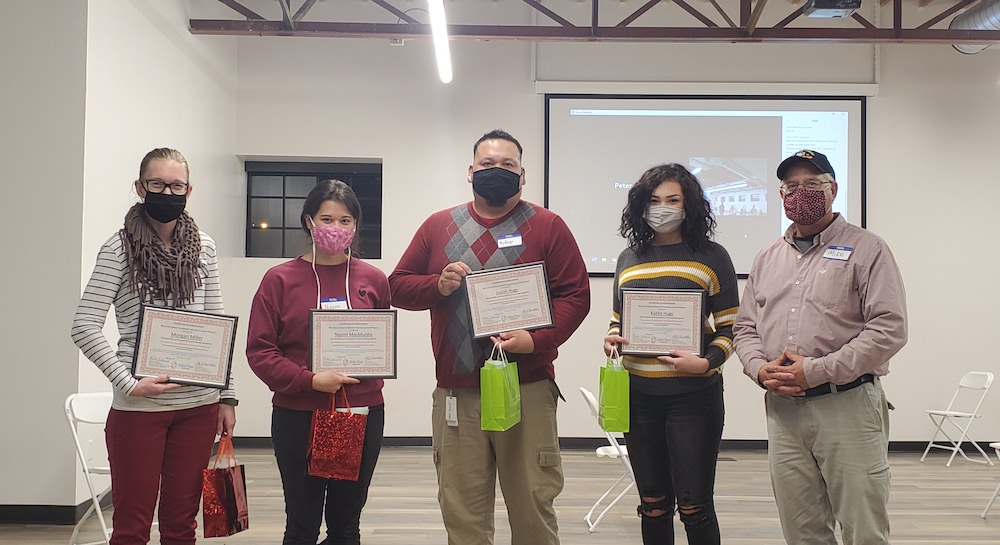
CCR facilitators receiving their certificate of accomplishment
The pilot project has already received “Award Recognition” from the Healthy by Design nonprofit and Alliance (the three Medical Care Facilities in Billings).


